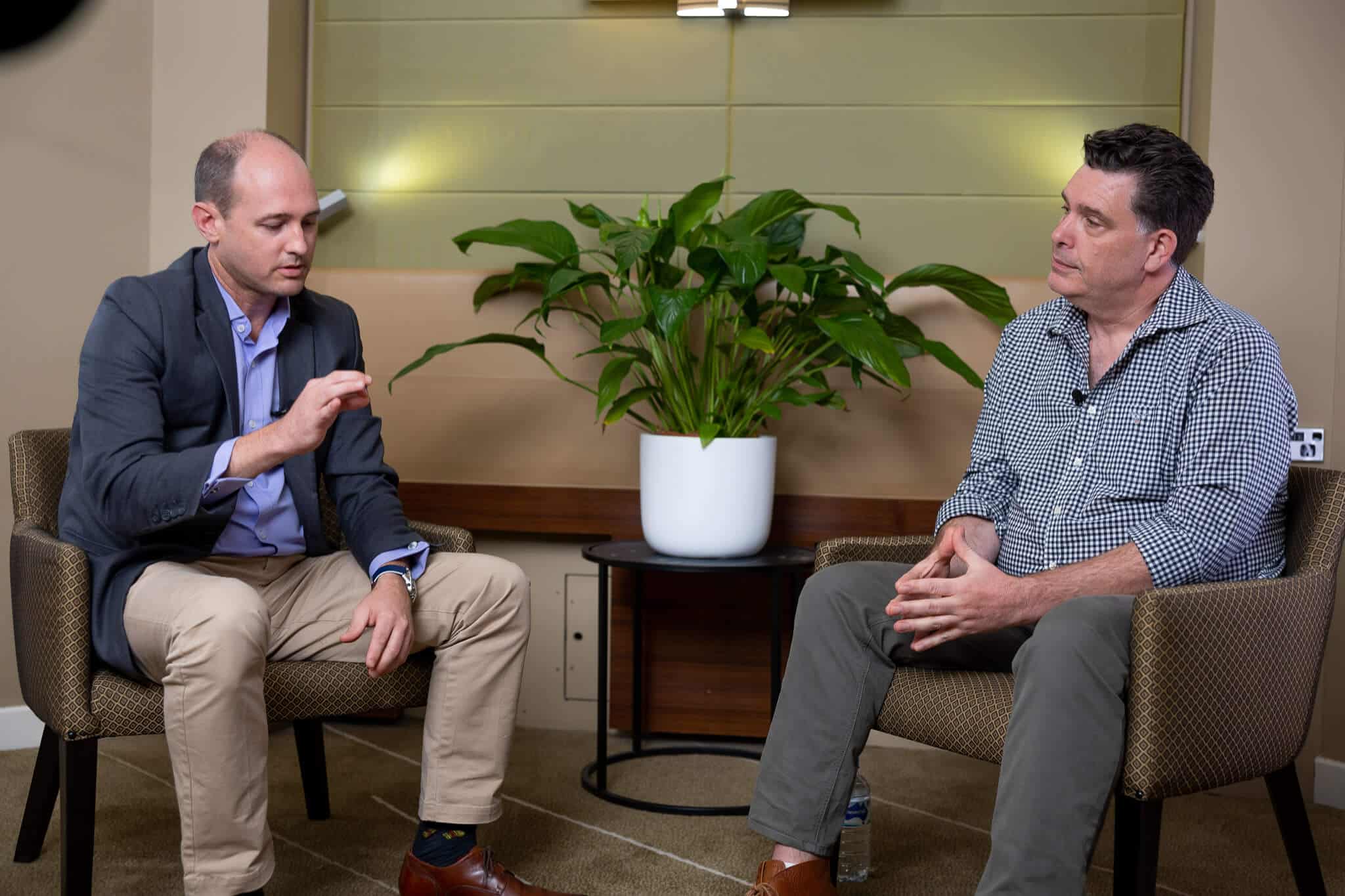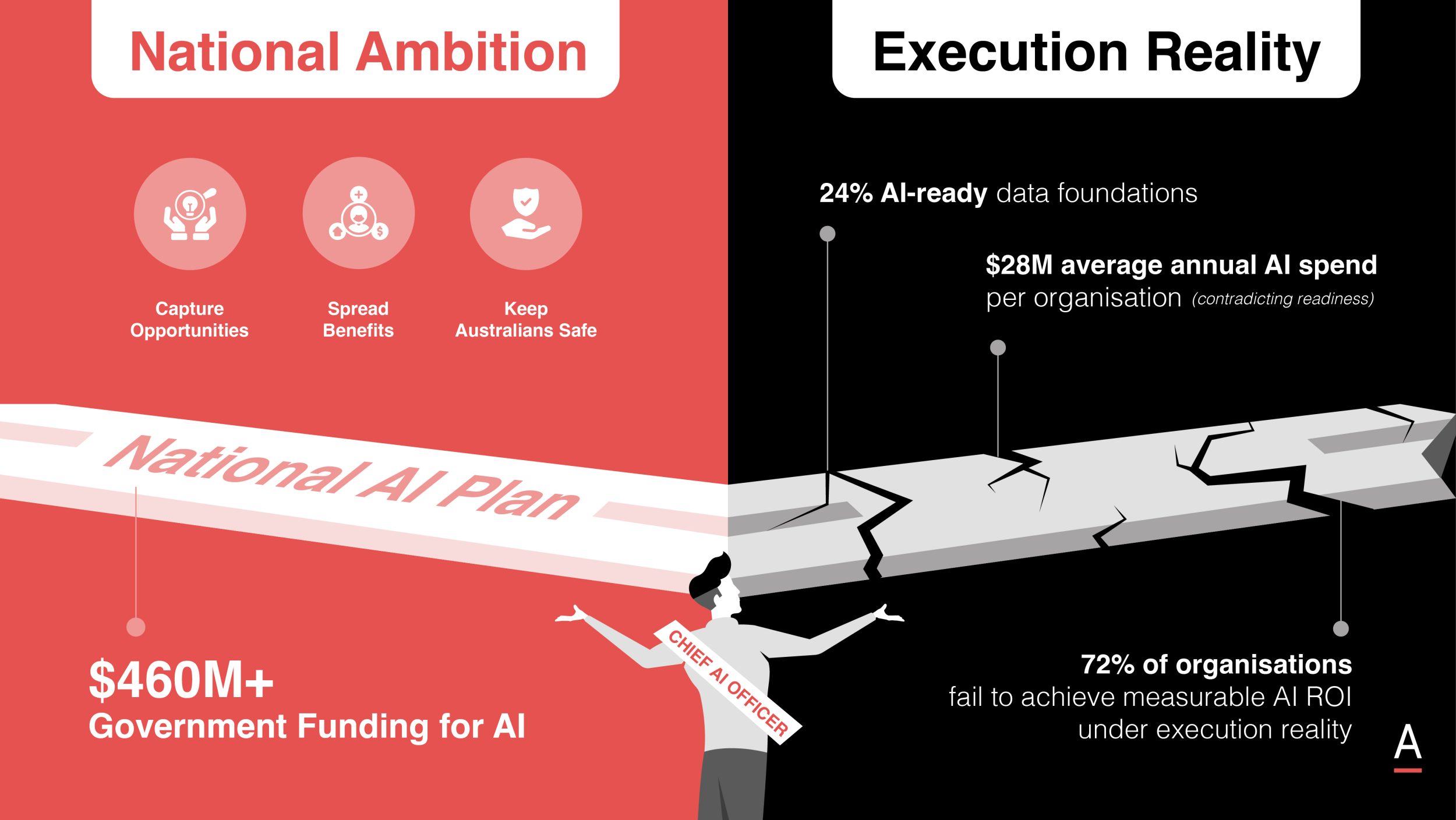Responsibility in data management: Victorian Institute of Forensic Medicine’s approach
Bernard Wansink is the Chief Technology Officer (CTO) for the Victorian Institute of Forensic Medicine. During a recent interview, he spoke about his role and the importance of growth and innovation in his field.Responsibility in data management: Victorian Institute of Forensic Medicine’s approach
Bernard Wansink is the Chief Technology Officer (CTO) for the Victorian Institute of Forensic Medicine. During a recent interview, he spoke about his role and the importance of growth and innovation in his field.
Bernie emphasised that growth for his organisation is about improving the experience of the people that interface with them.
This involves providing consistent service and attracting and maintaining the best talent. He also stressed the importance of maintaining the dignity of the deceased and their families.
Victorian Institute of Forensic Medicine has one of the best forensic databases in the world, which was set up in 1995 with data sponsored by the government.
The unique data possessed by the organisation is being utilised for artificial intelligence (AI) and machine learning (ML) research, which is helping to determine what happened to people who are no longer with us.
The results of this research are allowing knowledge to be shared both within Australia and overseas, helping to increase and develop knowledge that was not possible in the past.
With great data comes great responsibility, and Bernie emphasised that his organisation’s IT team understands the context of the data they work with.
The team recognises that the data is not just numbers, but numbers about people, and the culture within the team is focused on understanding and valuing this.
Governance, compliance, and ethics are key to the organisation’s approach to trust and responsible data management.
Bernie also talked about the explosion in the number of data points that have resulted from advances in technology.
He stressed the importance of innovating and evolving systems to manage this data and support the users of this data, including forensic services and academia.






























